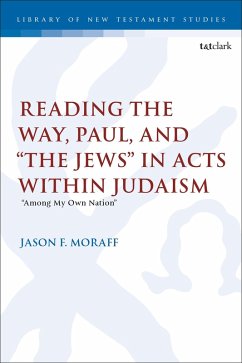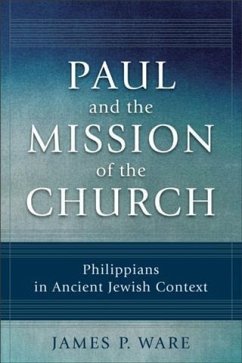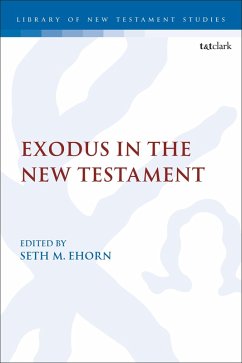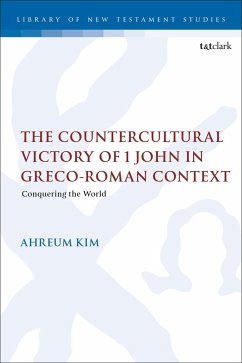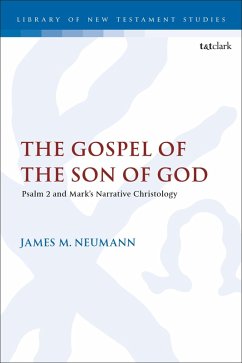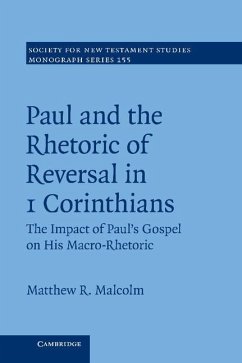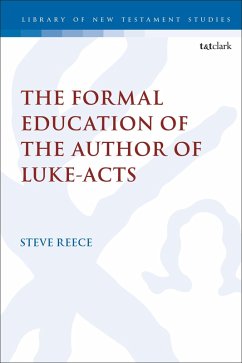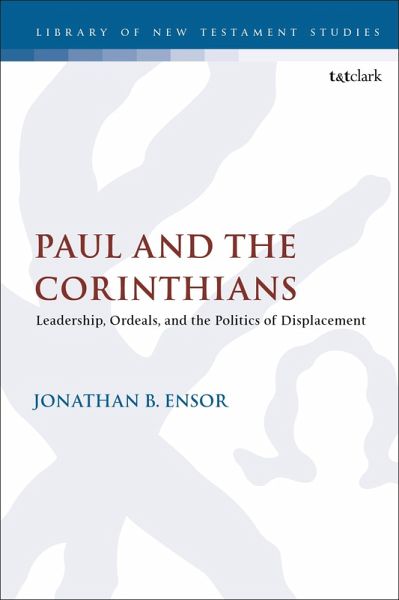
Paul and the Corinthians (eBook, ePUB)
Leadership, Ordeals, and the Politics of Displacement

PAYBACK Punkte
12 °P sammeln!
Jonathan B. Ensor revisits the scholarly consensus concerning Paul's intermediate visit to the Corinthians between his first and second epistles. Ensor re-evaluates the textual evidence, interpreting the event through a socio-historical lens that focuses upon ancient trial by ordeal and exit in the context of communal conflict, shedding significant light upon the social behaviours involved in this event and its interpretation. Beginning with a review of relational and social-spacial dynamics and sources of conflict, Ensor then explores the politics of displacement in Graeco-Roman antiquity to ...
Jonathan B. Ensor revisits the scholarly consensus concerning Paul's intermediate visit to the Corinthians between his first and second epistles. Ensor re-evaluates the textual evidence, interpreting the event through a socio-historical lens that focuses upon ancient trial by ordeal and exit in the context of communal conflict, shedding significant light upon the social behaviours involved in this event and its interpretation. Beginning with a review of relational and social-spacial dynamics and sources of conflict, Ensor then explores the politics of displacement in Graeco-Roman antiquity to analyse the relational contours of Paul's intermediate visit to Corinth. From these insights, Ensor interprets Paul's autobiographical narrations of apostolic ordeal and Paul's announcement of imminent return to Corinth in 2 Corinthians. Ensor concludes that Paul, through the ordeal accounts, aimed both to reverse the judgments against him emerging from the intermediate visit, and to undermine the evaluative structure of his detractors who viewed him as impotent, illegitimate, and displaced.




